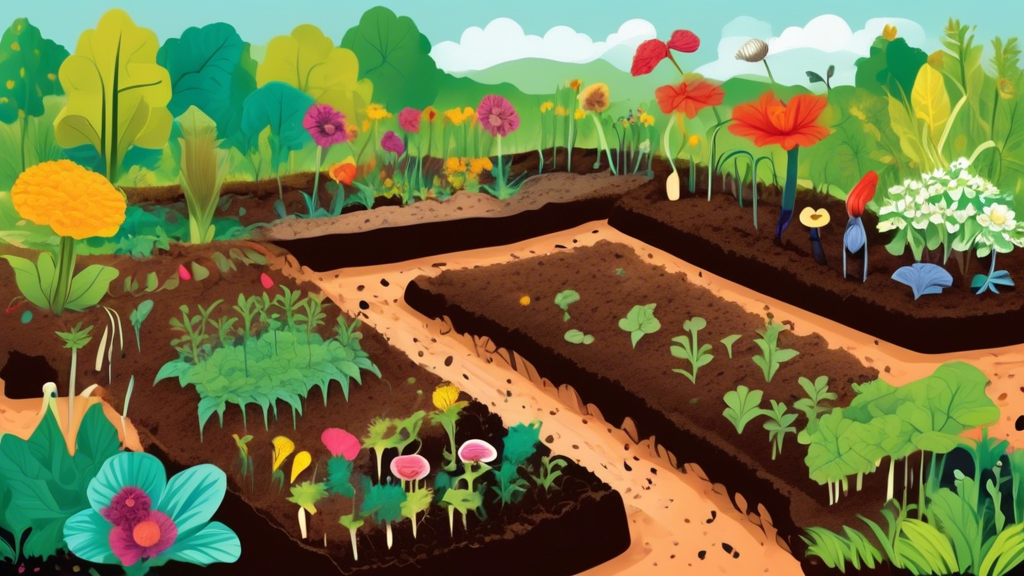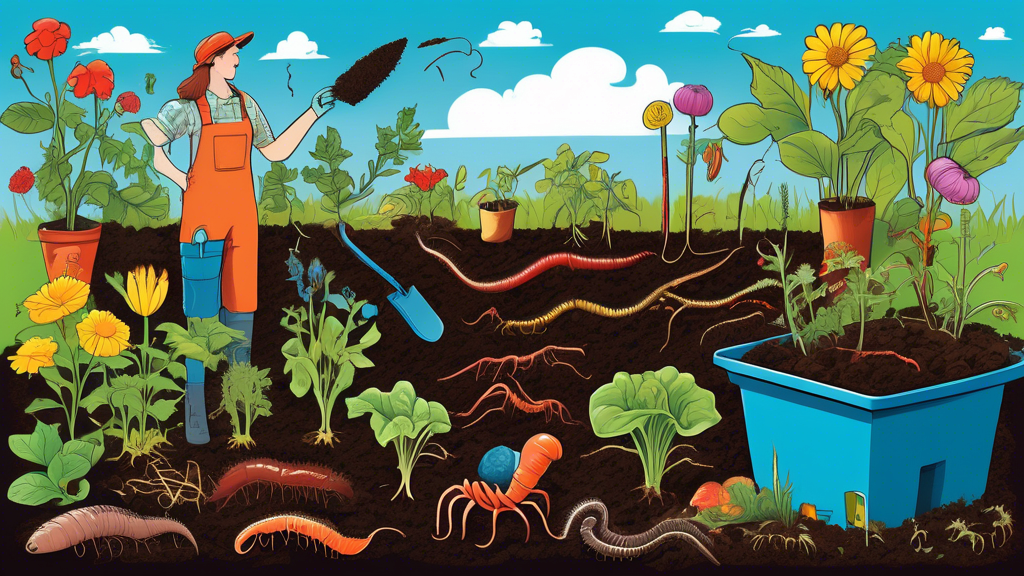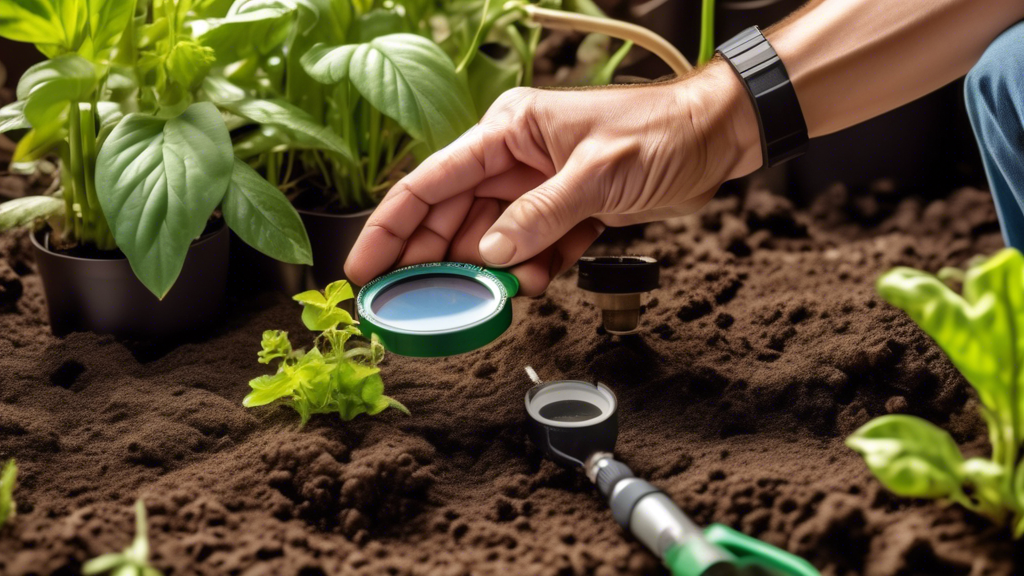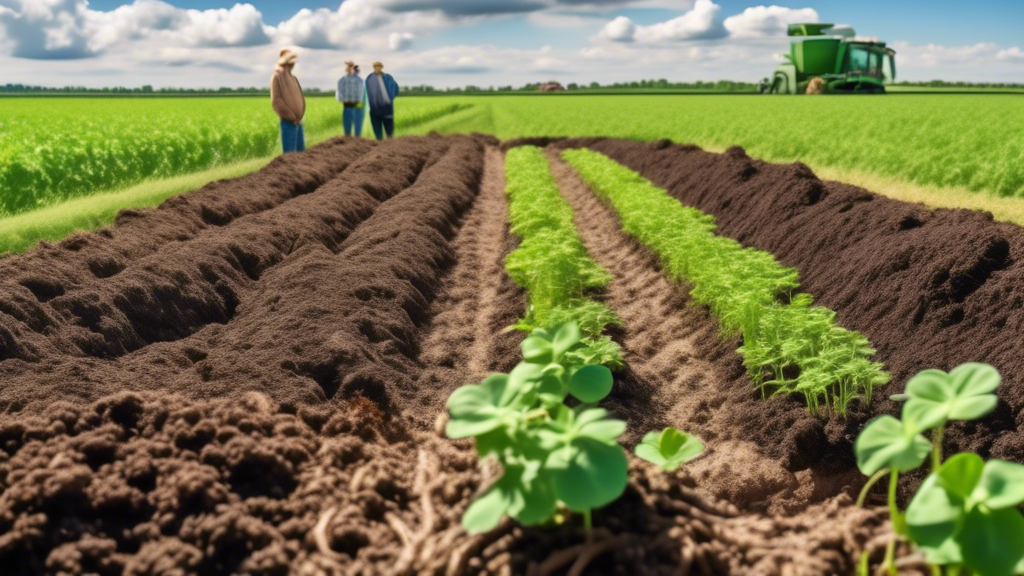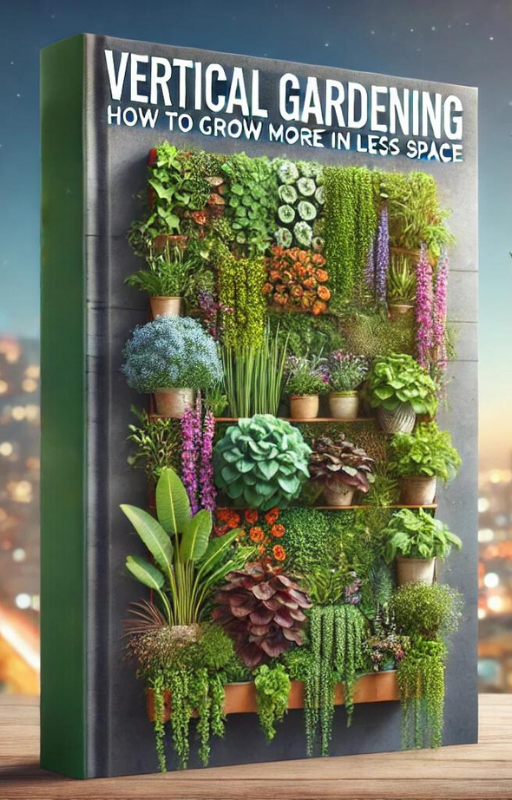
Unpacking the Health Benefits of Your Organic Garden
This section focuses on the direct and indirect advantages for the gardener and their family.
Nutrient-Dense and Chemical-Free Food
Many people worry about pesticide residues, wax coatings, and diminished nutrient levels in conventionally grown produce. Homegrown organic food is often richer in certain antioxidants and nutrients because plants must build their own robust defenses without synthetic pesticides.
For example, a store-bought, conventionally grown strawberry may have potential for multiple pesticide residues, while a homegrown organic one offers zero synthetic chemical exposure.
Boosting Physical and Mental Well-being
Modern life often involves sedentary lifestyles and high-stress levels. Gardening serves as a form of moderate physical exercise that improves flexibility, strength, and cardiovascular health. The act of nurturing plants is also a proven stress-reliever and mood-booster.
Encouraging a Healthier Diet for the Whole Family
Picky eaters, especially children, and the difficulty of incorporating more fresh vegetables into daily meals can be a challenge. When children and adults are involved in growing food, they are far more likely to try and enjoy eating it, naturally leading to a healthier diet.
The Profound Environmental Impact of Organic Gardening
This section details how your garden patch contributes to a healthier ecosystem.
Building Healthy, Living Soil
Conventional agriculture often degrades topsoil and relies on synthetic fertilizers that can harm soil biology. Organic practices like composting and using organic mulch build humus, improve soil structure, and foster a thriving ecosystem of beneficial microbes, fungi, and earthworms.
A unique and often overlooked benefit is that healthy soil acts as a massive carbon sink, sequestering atmospheric carbon dioxide and helping to mitigate climate change.
Protecting Precious Water Resources and Pollinators
Chemical runoff from farms and gardens contaminates waterways and harms aquatic life, while pesticides pose a major threat to bees and other crucial pollinators. By avoiding synthetic pesticides and fertilizers, you prevent local water pollution. Planting a diversity of flowers and herbs creates a vital sanctuary for bees, butterflies, and other beneficial insects.
Promoting Biodiversity in Your Backyard
Monoculture in agriculture leads to a loss of genetic diversity and makes crops more vulnerable to disease. An organic garden is a diverse ecosystem. By growing heirloom varieties and a mix of plants, you create a resilient environment that supports a wide range of life, from insects to birds.
Organic vs. Conventional: A Direct Comparison
This section provides a clear, at-a-glance comparison of the two methods.
| Aspect | Organic Gardening | Conventional Gardening |
|---|---|---|
| Soil Health | Builds soil life and organic matter. | Can deplete soil and harm microbiology. |
| Pest & Weed Control | Uses natural methods (companion planting, beneficial insects). | Relies on synthetic herbicides and pesticides. |
| Fertilization | Uses compost, manure, and natural amendments. | Uses synthetic, water-soluble fertilizers. |
| Environmental Impact | Protects water, air, and pollinators; increases biodiversity. | Risk of chemical runoff and harm to non-target species. |
| Food Quality | No synthetic pesticide residues; often higher in antioxidants. | May contain pesticide residues. |
Answering Your Organic Gardening Questions (FAQs)
Is organic gardening more expensive to start?
There can be initial costs for things like compost and organic seeds, but you save significantly in the long run by making your own compost, saving seeds, and not buying chemical inputs. It’s an investment that pays dividends.
Do I need a lot of space to start an organic garden?
Not at all! You can practice organic gardening in containers on a patio, in raised beds, or even with a small plot. The principles are the same regardless of scale.
How do I control pests without using chemicals?
This is a core principle of organic gardening. Methods include encouraging beneficial insects (like ladybugs), using physical barriers (row covers), practicing companion planting, and hand-picking larger pests.
Are the benefits really that significant for a small home garden?
Absolutely. While one garden might seem small, the collective impact of millions of home gardeners is enormous. Furthermore, the direct health benefits of eating your own fresh, chemical-free produce and the mental health benefits of gardening are immediate and significant for you, regardless of garden size.


